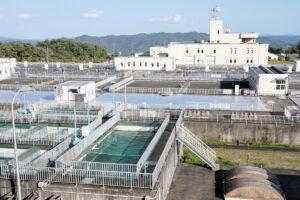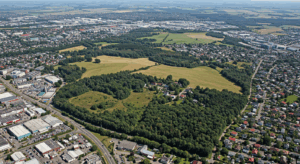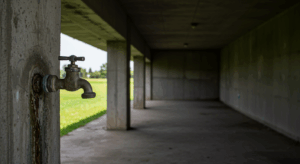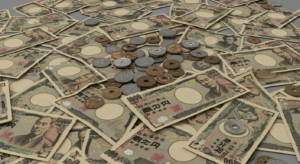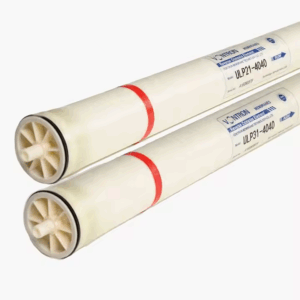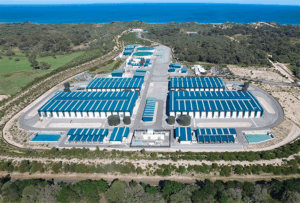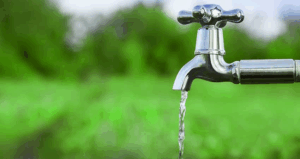We turn on the tap, and safe, clean water flows out—just as it always has.
But this everyday convenience is anything but ordinary. It’s made possible by a vast and sophisticated water infrastructure built over generations, and by the tireless efforts of countless individuals who have maintained and protected it. Japan’s modern water supply system began roughly a century ago, and its history is a testament to the wisdom and dedication poured into safeguarding both water and life.
Yet today, this “normal” is standing at a crossroads.
Have you ever found yourself wondering:
- Why are water rates going up?
- Will this safe water always be available?
- What happens to our water system in a disaster?
Unfortunately, most of us rarely talk about water systems. Perhaps that’s because they’re so seamlessly woven into our daily lives—hidden beneath our feet, silently doing their job. But it’s exactly because water infrastructure is so easy to overlook that we may fail to notice the signs of change, or the challenges now quietly growing.
An Age Where the “Ordinary” Is No Longer Guaranteed
Why Now Is the Time to Talk About the Future of Water
There was a time when people in Japan said, “Safe water is practically free.”
But times have changed. Now, Japan’s water systems face a growing list of complex and urgent challenges—declining population, aging infrastructure, and increasingly frequent natural disasters.
We are no longer living in an age where we can afford not to know. We have entered an era where we must understand the systems that support our lives.
In this series, “100 Years of Water – And the Next Century Ahead,” we’ll confront these challenges head-on, and explore what must be done to secure the future of water in Japan.
Tracing the Future of Water in 12 Parts
“A Journey Through Japan’s Water Challenges and Possibilities“
In this series, we’ll take a deep dive into the present and future of Japan’s water systems from multiple perspectives.
Overview of the 12-Part Series (Please note: topics are subject to change without notice.)
| Episode | Tentative Title | Keywords |
|---|---|---|
| #1 | 100 Years of Tap Water — The Beginning of the End? | 98% coverage / Peak water demand |
| #2 | The Aging Pipe Shock: 1.4 Million Kilometers to Replace | Fiscal gap / Network downsizing |
| #3 | Cutting Off the Suburbs? Community-Based Water Supply | Resident rotation / Cost reduction |
| #4 | Rapid, Slow, Groundwater + Gravel Filtration: A Deep Comparison | CAPEX/OPEX / Land costs |
| #5 | Global Micro-Water Systems: A Field Guide | Kenya / Basque Country / Colorado |
| #6 | Designing Decentralized & Simplified Systems (UF/RO/Gravel) | Small-scale hygiene challenges |
| #7 | Resilience by Design: Automated Water Tanker Fleets | BCP water supply / AI logistics |
| #8 | Redesigning Water Safety: The 0.2 NTU Turbidity Barrier | Cryptosporidium / PFAS mitigation |
| #9 | Redesigning Tariffs: Dual-Rate Models and Water Vouchers | Fairness / Support for vulnerable households |
| #10 | Digital O&M and AI-Powered Leak Detection | Smart community management |
| #11 | Water Meets Energy: Saving and Generating Power | Micro-hydro / Solar-powered RO |
| #12 | Vision 2035: Smarter Infrastructure, Community-Driven | Managed retreat / Decentralization / Capital circulation |
| (+α) | DIY Plumbing & Global Remunicipalization Trends | Optional bonus topic |
This series isn’t just for experts. It’s for everyone who turns on a tap—because the future of water is, ultimately, the future of all of us.
From “Someone Else’s Problem” to “Our Own” — Building the Future Together
Water systems have long served as the quiet backbone of our daily lives—always there, always reliable. But now, as that stability begins to waver, we can no longer afford to treat this vital infrastructure as “someone else’s concern.”
Through this series, I hope to offer an opportunity for you to better understand the current state of our water systems—and to start thinking about what comes next. Even if it means facing uncomfortable truths, this is the first step toward building a sustainable future for the next 100 years.
I invite you to join me in that journey.
See you in the next first chapter.
▶︎ Stay Tuned for the Next Chapter
#1 Next in the Series: 100 Years of Tap Water — The Beginning of the End?
Behind Japan’s impressive 98% water supply coverage lies a quiet but pressing demographic shift: the rise of mass mortality in aging communities. In the next installment, we’ll explore what the data reveals—and what it means for the future of water systems.

